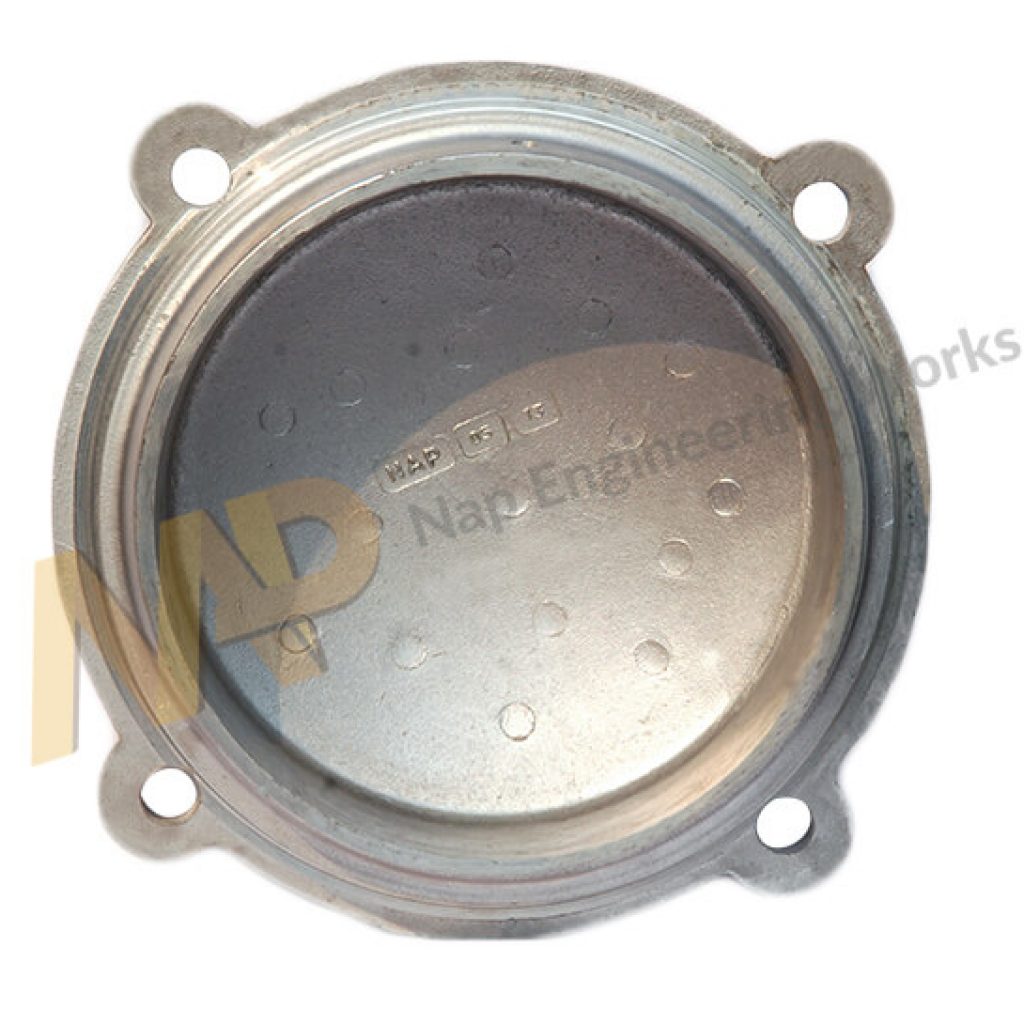Choose the Best Alloy for Corrosion Resistance
Most alloy components are subject to intense wear and tear owing to the process of corrosion. The metals break up due to oxidation. It is generally the chemical reactions between the metallic elements and the environmental factors. They are as follows,
- Heat.
- Wind.
- Moisture.
Different metals have varying levels of corrosion resistance. This proves its ability to withstand the process. It is preferable to coordinate with reputed zinc or aluminium bronze casting manufacturers as it will help you to have the most corrosion resistant products at your disposal.
Aluminium Bronze Die Casting vs Zinc Die Casting
When it comes to metal alloy, you must focus more on high corrosion resistance than aesthetic value. This would ensure longevity and efficient functionality of the product. Let’s compare the corrosion resistant abilities of the two most commonly used casting alloys.

Aluminium Bronze Die Casting
Aluminium bronze alloy is exceptionally hardy and corrosion resistant. It has a longer lifespan than other contemporary alloys. Even when the condition is harsh owing to its Wolverine-ish self- healing nature, this alloy can sustain high temperatures of more. It can be more than 200 degrees Fahrenheit (93 degrees Celsius). Thus it is ideal for many industrial processes that require top heat conditioning. The component is mostly used in industrial electronic and lighting fixtures. It is also used in naval architectures, marine and aircraft engines, and so on. Aluminium casting manufacturers cater to your needs in multiple ranges of scales. They are anodizing, Teflon coating, powder coating, e-coating, etc.
Zinc Die Casting
Zinc offers almost as much durability as aluminium, but only under favourable conditions. Aluminium can heal itself from within even if its surface is corroded. Zinc, on the other hand, tends to fall apart eventually and degenerate over time. However, when it comes to a superb finishing in terms of functionality and aesthetics, there is no match for zinc. It is used extensively for any purpose that does not require extremely high temperatures. The possible instances are household electronic items, kitchen appliances, automobiles, machinery, batteries, etc. Electrocoating, chromating and galvanization are among the leading tasks done with the help of zinc and zinc oxides.
Which alloy to choose?
Your choice will depend entirely on the reason you are purchasing the alloy. The nature of your project will determine which casting die alloy you will invest in. If your work requires more of a cosmetic touch but less heat is involved, then going with the zinc alloy would be best. For more thermal-intensive projects which also require high durability, picking aluminium might be the best idea.
NAP Engineering Works is your one-stop solution for high-quality die casting. They are among the top aluminium bronze casting manufacturers in India, supplying mechanical products around the world for industries like locomotives, arms and weaponry, power supply, and industrial equipment.
Choosing the right metal alloy is highly pivotal in the process of mechanical engineering and manufacturing, as it would determine how long and how well your machinery will be thoroughly and efficiently operative.
